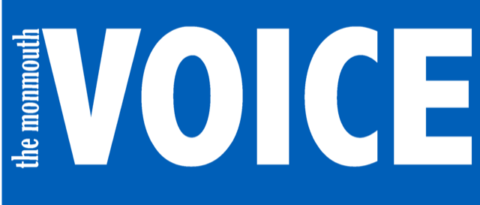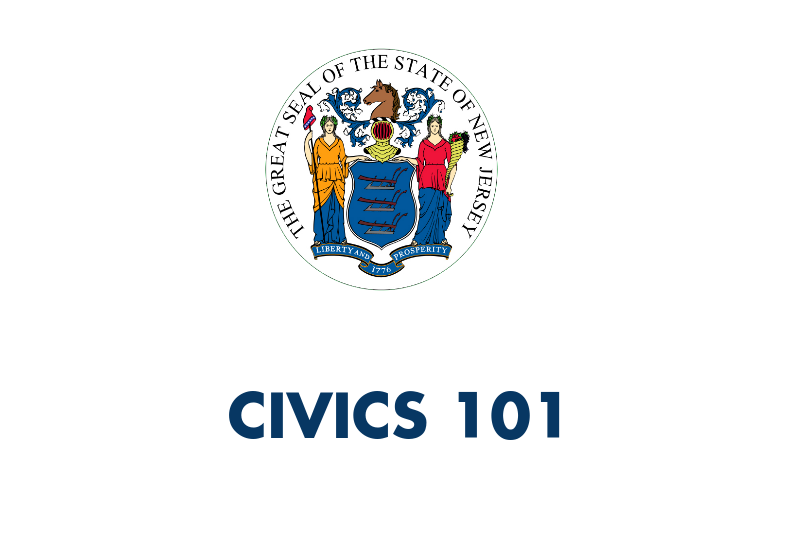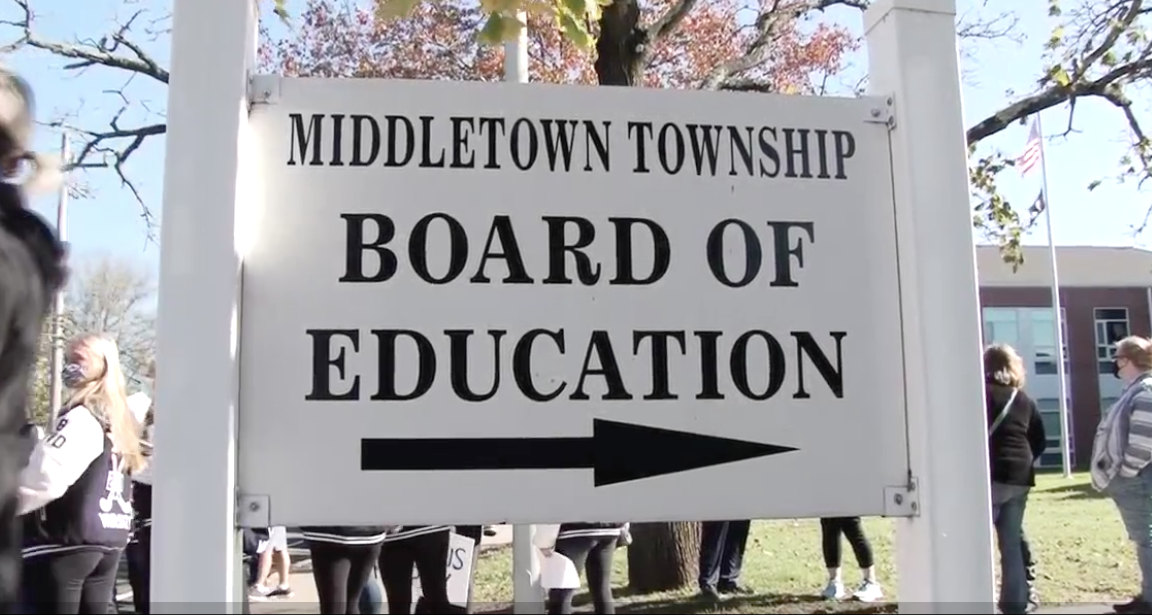New Jersey’s system of naming county legislators’ “freeholders” is unique in the United States. The origin of the term was in the provisions of the New Jersey State Constitution of 1776, which stated:
“That all inhabitants of this Colony, of full age, who are worth fifty pounds proclamation money, clear estate in the same, and have resided within the county in which they claim a vote for twelve months immediately preceding the election, shall be entitled to vote for Representatives in Council and Assembly; and also for all other public officers, that shall be elected by the people of the county at large.”
The name “freeholder” in the “Board of Chosen Freeholders” is because “clear estate” is also known as a freehold. “Chosen” means elected.
Confused? Possibly, maybe because the Board Chosen Freeholders are now County Commissioners. Why?
At 2021 reorganization meeting the Board changed its centuries-old name from the Monmouth County Board of Chosen Freeholders to the Monmouth County Board of County Commissioners.
The name change complies with legislation Governor Phil Murphy signed into law in 2020 that became effective on Jan. 1 2021. The legislation required that the title of “chosen freeholder” to be changed to “county commissioner” and all “boards of chosen freeholders” to be known as “boards of county commissioners.”
In advancing the legislation Gov. Murphy stated… “We have an obligation to ensure that governance in New Jersey is inclusive and representative of the tremendous diversity of our great state. Amid a national reckoning to re-examine vestiges rooted in structural racism, this action will eliminate the use of the term ‘freeholder’ in county government – a title that is an outgrowth of a time when people of color and women were excluded from public office.”
Now that we cleared that up, let’s look at the board in little more detail.
Monmouth County is governed by five commissioners elected at-large for three year terms. Each January, the Commissioners select one of their members to serve as the director of the board for the year to preside over the meetings and activities of the board.
The Board is empowered with a broad scope of authority, some of which is designated to them by the State of New Jersey. Its diverse and important responsibilities include both legislative and executive functions including the oversight and regulation of county property and finances. This includes the upkeep of 1000 miles of county roads and nearly 900 bridges, maintenance of more than 16,000 acres of county park lands, providing the largest circulating library system in the state, and maintaining a AAA bond rating.
So what? Think about it. The County commissioners provide a greater scope of services that impact our daily lives than the local municipalities where we live. Therefore, it is important to understand their role in governing Monmouth County. Something that most of us do not give any great thought. Just one more thing that we may read about the newspaper.
But how about this? In February the Commissioners introduced a $453 million budget to fund the operation of the county in 2021. The budget included a tax levy of $317.6 million that represented a $6.1 million increase from the 2020 tax levy of $311.5 million. Does that get your attention?
So now you know little more about governance.
Civics lesson is over. Remember, there will be a test. It will be given every November.
J. Wayne Oldroyd is a retired city planner who educated citizens and government officials in a variety of courses on the aspects of governance and land use planning at Rutgers University and Missouri University St. Louis.












